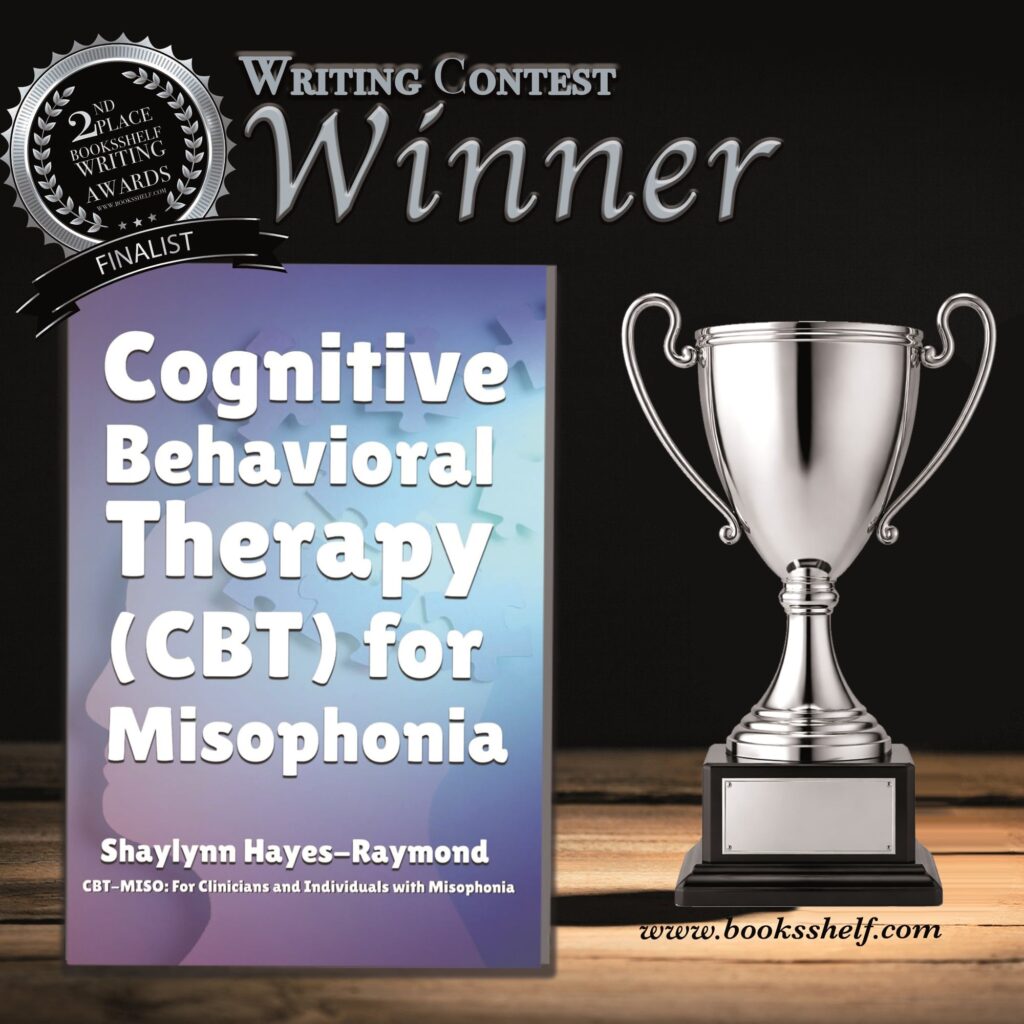
While the research may not be caught up enough to say definitively that Misophonia causes depression, I believe for many of us, depression has become a part of our lives. Isolation, sadness, and loss of interest in activities all go hand in hand with misophonia. It can be a hard disorder to live with, and some of us take out of this a very bleak meaning. I do think that there is hope. Coping skills and research can offer viable remedies for misophonia, but we should also consider out mental health. If you believe that misophonia has caused depression (or heightened feelings of depression you already had) you should talk to a psychiatrist or psychologist. Even though counsellors cannot fix misophonia, these professionals are trained to help you manage your depression and help you live a fulfilling life.
I first started battling depression before I had even heard of the word misophonia. I have been fighting that fight for 14 years, and I’ve learned a few things along the way. I’ve learned that there is a degree of grief and loss that comes with depression. You must accept the depression, and learn to move on from it. A huge part of this process is asking for help and allowing professionals and those that love you to be welcome in your life. This can be a hard step but it’s important. Misophonia may not be the complete cause of depression, but it can certainly contribute to the illness. The following is advice that I wish somebody had told me when I first learned I had depression at 12 years old.
- It’s absolutely okay to not be okay.
- You can get through this.
- Even though today is horrible – that doesn’t mean tomorrow will be too.
- People want to help you. Be honest.
- Being depressed doesn’t make you weird. It makes you human.
- If somebody doesn’t believe you’re depressed – that’s their problem. Your feelings are legitimate.
- There’s no magic pill – but that doesn’t mean you shouldn’t try and help yourself.
- Some days are better than others.
- There’s nothing wrong with staying in bed.
- There’s nothing shameful in crying.
- Try to do something you love every day – even if you’re not interested anymore. You’ll be surprised when the good moments “peer through the curtain”.
- Go outside. Even if you have to wear headphones. Breathe in fresh air.
- Take care of yourself. Take a shower. Eat.
If you are clinically depressed, or suicidal, please call a hotline or immediately tell a relative. Your life is important. You matter.








